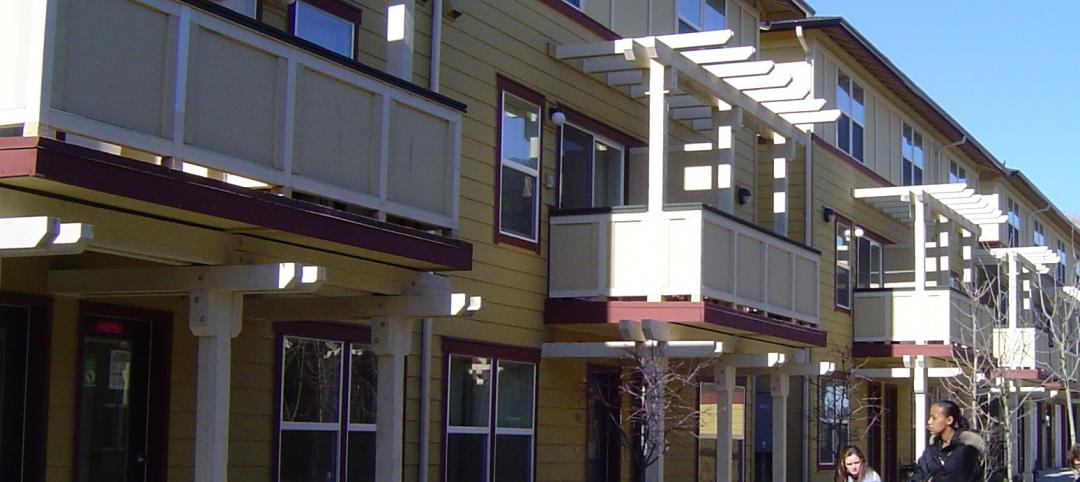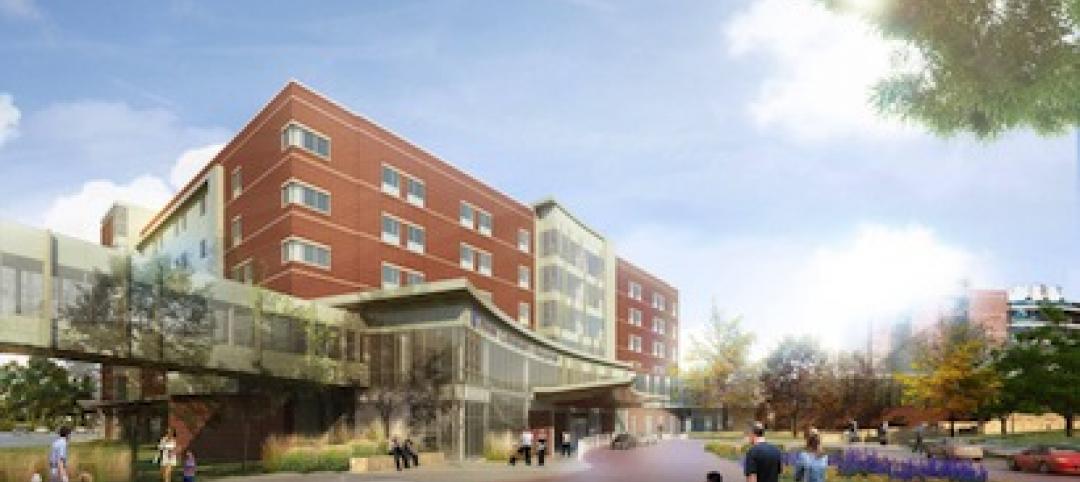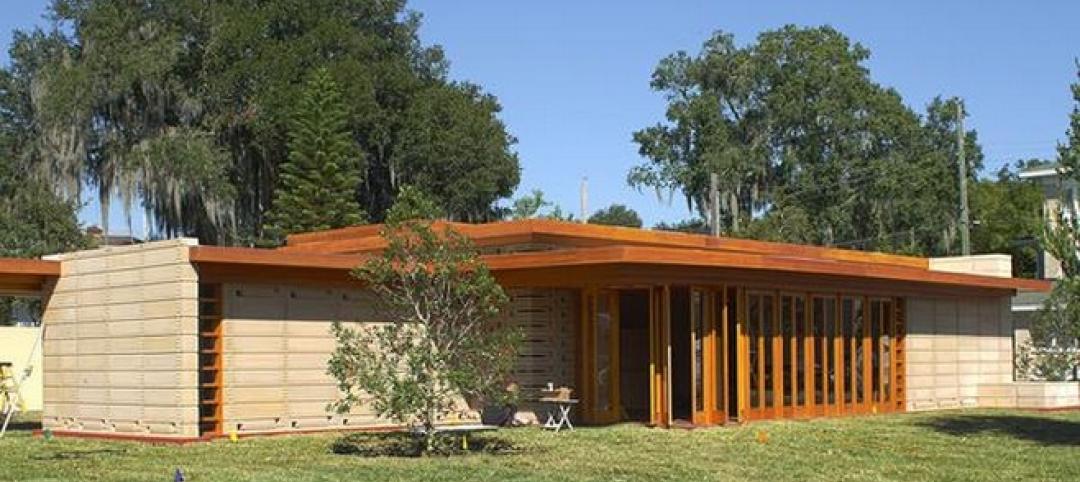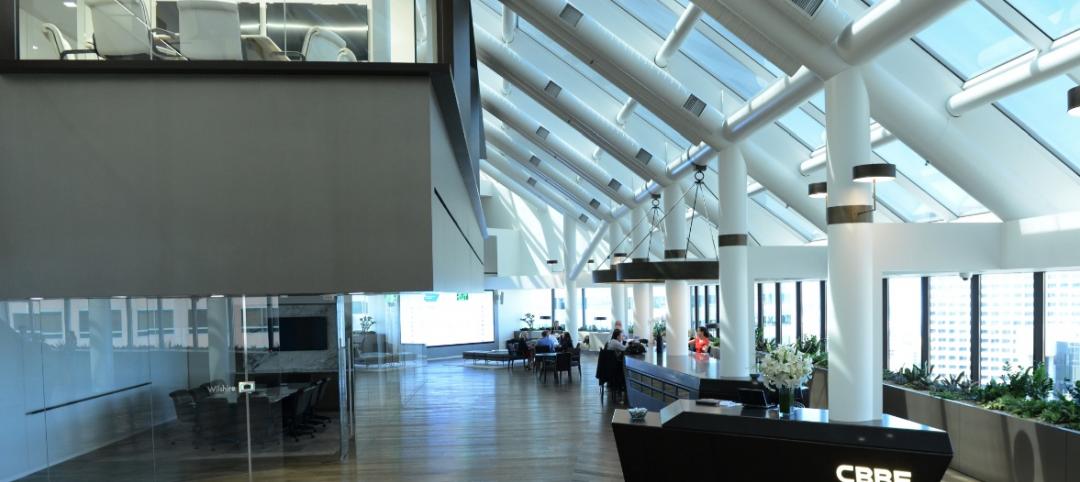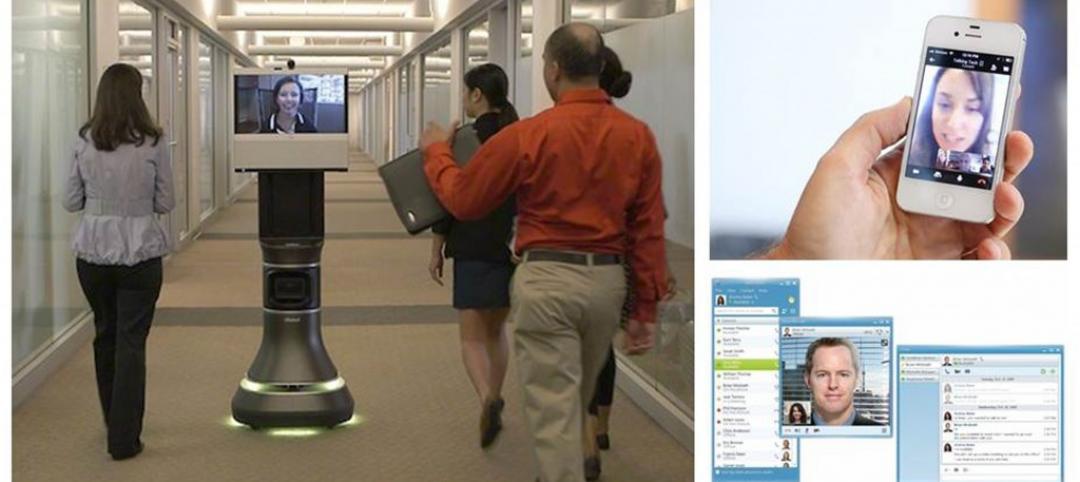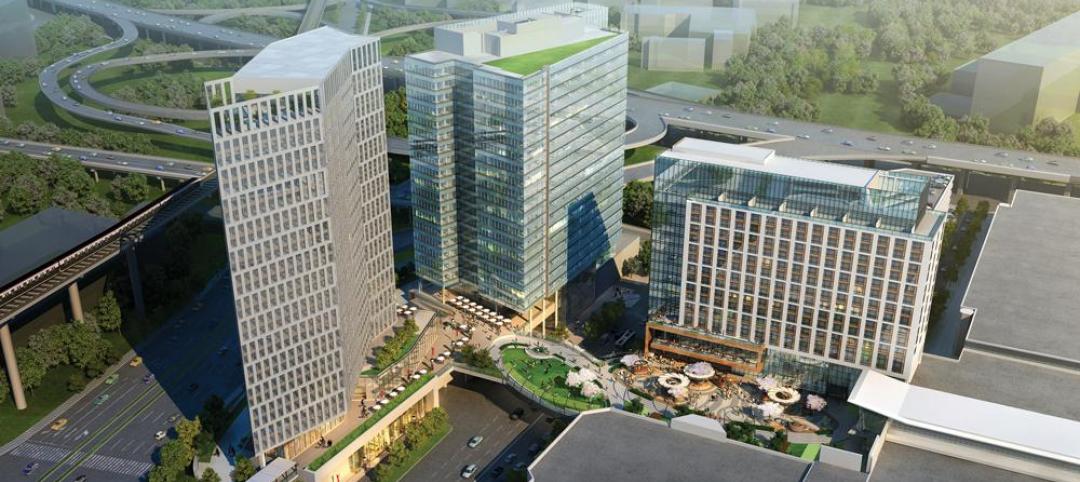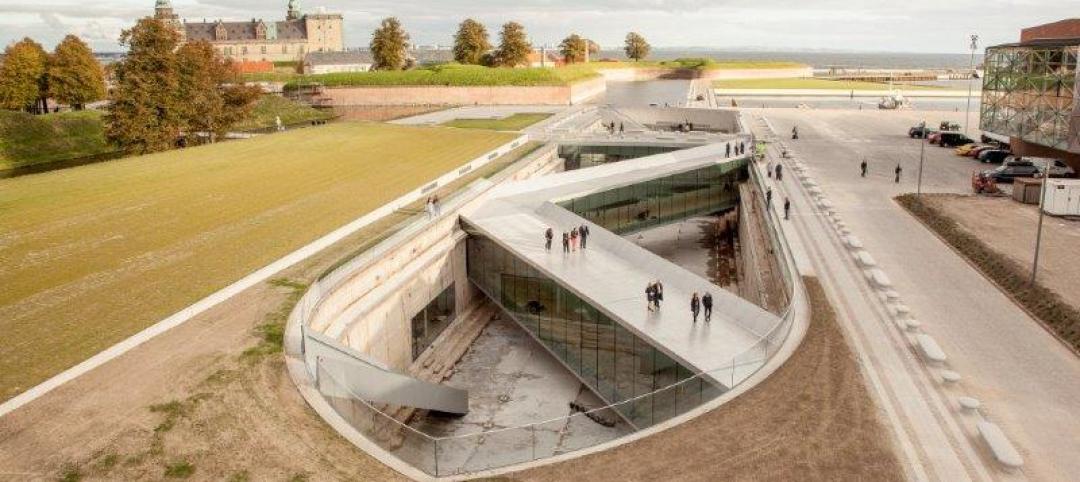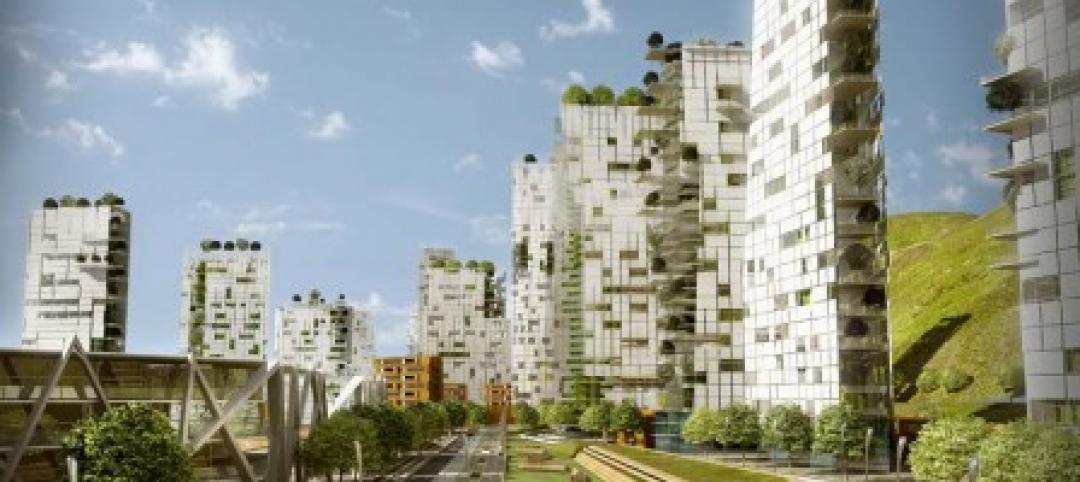Arup, a multidisciplinary engineering and consulting firm with a reputation for delivering innovative and sustainable designs, announced today that it has opened an office in Montréal, Québec. Active in Canada since 2000 when it opened its Toronto location, Arup has had a presence in Montréal to deliver the design of the recently opened Autoroute 30. The office will be led by Associate Principals Martin Landry, QAA and Douglas Balmer, and will deliver engineering and consulting services to the Québec market.
“Our new Montréal office further establishes Arup’s commitment and investment in the Canadian market, and increases our ability to provide the highest-quality service to clients in multiple market sectors,” said Andrew McAlpine, principal at Arup. “We are excited to formalize and expand our presence in this vibrant community. We have had a warm welcome here and experienced growing interest in what Arup offers.”
Arup embraces the ideal of total design: the integration of the design and construction processes and the interdependence of all the professions involved. A driving force within the firm since its founding in 1946, this idea supports the creative nature of engineering design, the value of innovation and the social purpose of design.
Furthermore, Arup’s independent ownership structure leads to clear-sighted, thoughtful decisions about its priorities as a business and a member of society and enables principled advice that puts the needs of clients and communities at the forefront.
Arup’s recent projects in Québec include the Autoroute 30 (A30), the 42 km highway including nine interchanges, twin two-km-long bridges, 29 other bridges, and a 100-m tunnel beneath the Soulanges Canal; a number of assignments over many years planning the growth and development of Mirabel, Pierre-Elliott-Trudeau and Jean Lessage International Airports; and working as part of a team with PricewaterhouseCoopers (PwC) to establish the business case for replacement of the Champlain Bridge. Other projects in Canada include design of two stations on the Toronto-York Spadina Subway Extension in Toronto, planning and engineering associated with the redevelopment of Toronto’s waterfront, and design of two stadiums and the velodrome being used for the 2015 Pan/Parapan American Games.
About Arup
Arup is the creative force at the heart of many of the world’s most prominent projects in the built environment and across industry. Its engineers and consultants deliver innovative projects across the world. Arup opened its first US office 25 years ago, and now employs 1,000 in the Americas. The firm was founded in 1946 with an enduring set of values that fosters a distinctive culture, intellectual independence and collaborative approach. The people at Arup are driven to find a better way to deliver better solutions for their clients. (www.arup.com)
Related Stories
| Nov 4, 2013
Architecture and engineering industry outlook remains positive on all major indicators
While still below pre-recession levels, all of the key indicators in the latest Quarterly Market Forecast (QMF) report from PSMJ Resources remain in positive territory.
| Nov 1, 2013
CBRE Group enhances healthcare platform with acquisition of KLMK Group
CBRE Group, Inc. (NYSE:CBG) today announced that it has acquired KLMK Group, a leading provider of facility consulting, project advisory and facility activation solutions to the healthcare industry.
| Oct 31, 2013
74 years later, Frank Lloyd Wright structure built at Florida Southern College
The Lakeland, Fla., college adds to its collection of FLW buildings with the completion of the Usonian house, designed by the famed architect in 1939, but never built—until now.
| Oct 31, 2013
CBRE's bold experiment: 200-person office with no assigned desks [slideshow]
In an effort to reduce rent costs, real estate brokerage firm CBRE created its first completely "untethered" office in Los Angeles, where assigned desks and offices are replaced with flexible workspaces.
| Oct 30, 2013
15 stellar historic preservation, adaptive reuse, and renovation projects
The winners of the 2013 Reconstruction Awards showcase the best work of distinguished Building Teams, encompassing historic preservation, adaptive reuse, and renovations and additions.
| Oct 30, 2013
Why are companies forcing people back to the office?
For a while now companies have been advised that flexibility is a key component to a successful workplace strategy, with remote working being a big consideration. But some argue that we’ve moved the needle too far toward a “work anywhere” culture.
| Oct 30, 2013
11 hot BIM/VDC topics for 2013
If you like to geek out on building information modeling and virtual design and construction, you should enjoy this overview of the top BIM/VDC topics.
| Oct 29, 2013
Increased backlogs, margins lead to renewed optimism in global construction
After prolonged economic uncertainty, a majority of executives in the global engineering and construction sector have fresh confidence in the growth prospects for the industry, according to KPMG International's 2013 Global Construction Survey. A general increase in backlogs and margins is giving cause for optimism across the industry, with further growth anticipated.
| Oct 29, 2013
BIG opens subterranean Danish National Maritime Museum [slideshow]
BIG (Bjarke Ingels Group) has completed the Danish National Maritime Museum in Helsingør. By marrying the crucial historic elements with an innovative concept of galleries and way-finding, BIG’s renovation scheme reflects Denmark's historical and contemporary role as one of the world's leading maritime nations.
| Oct 28, 2013
Urban growth doesn’t have to destroy nature—it can work with it
Our collective desire to live in cities has never been stronger. According to the World Health Organization, 60% of the world’s population will live in a city by 2030. As urban populations swell, what people demand from their cities is evolving.



